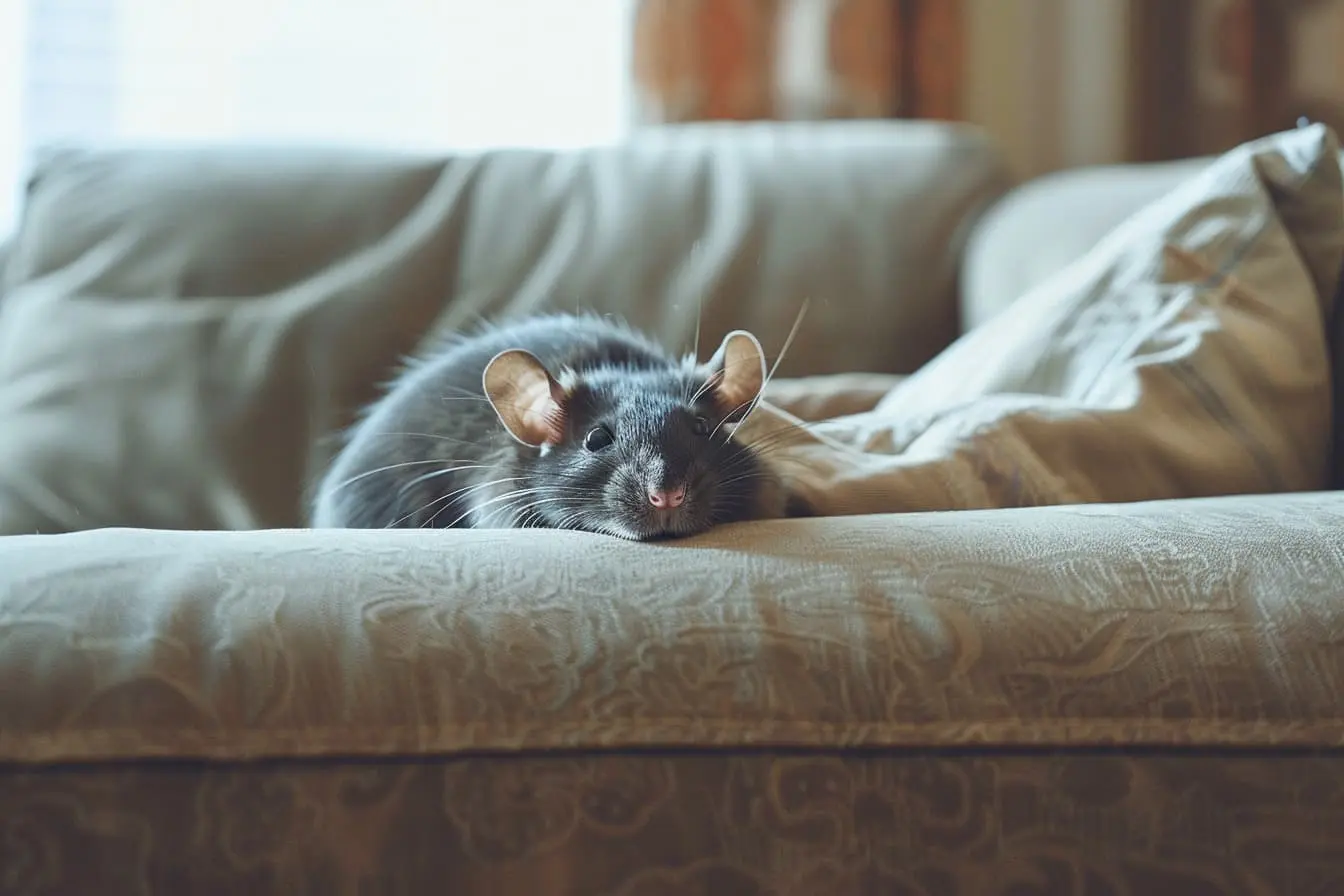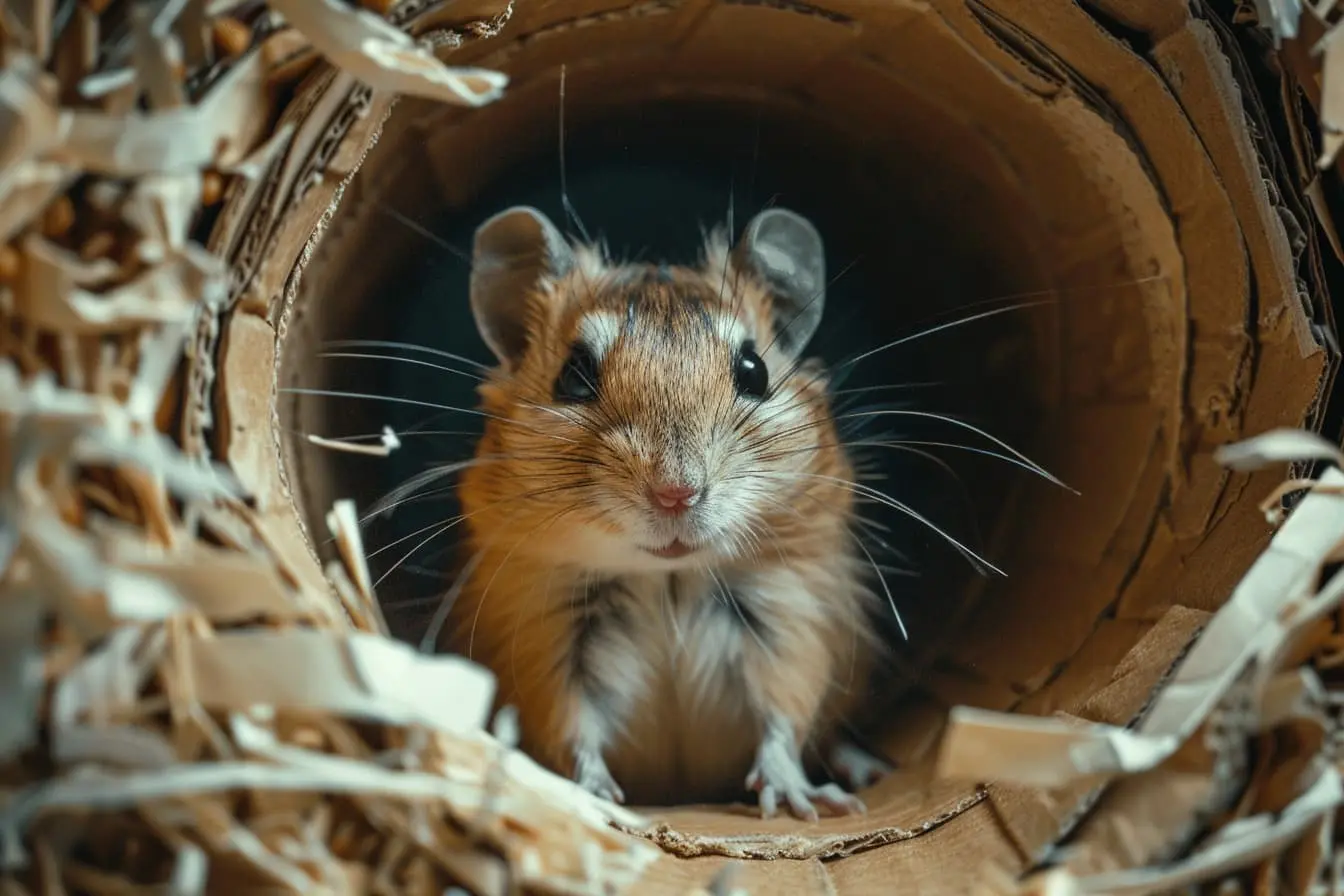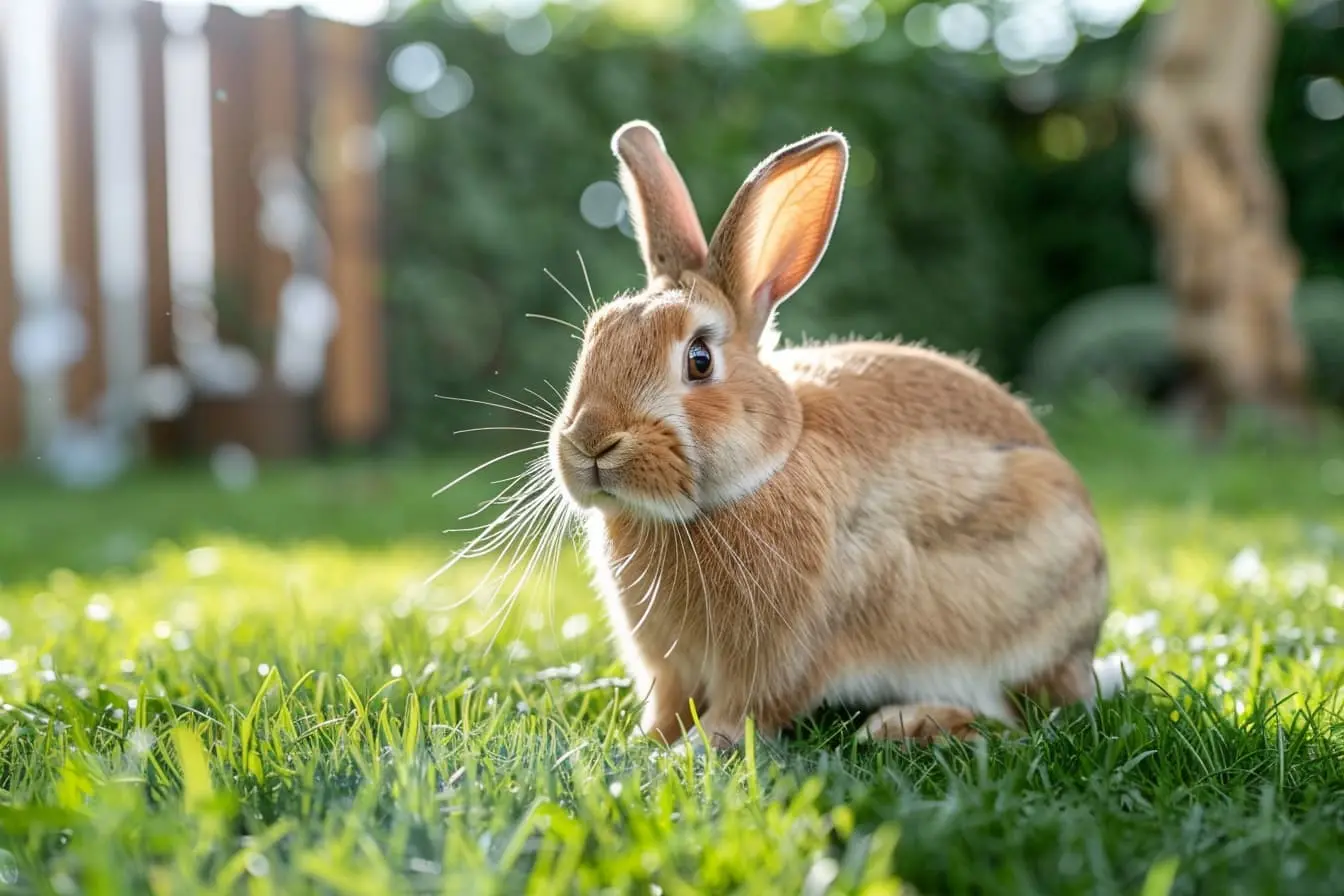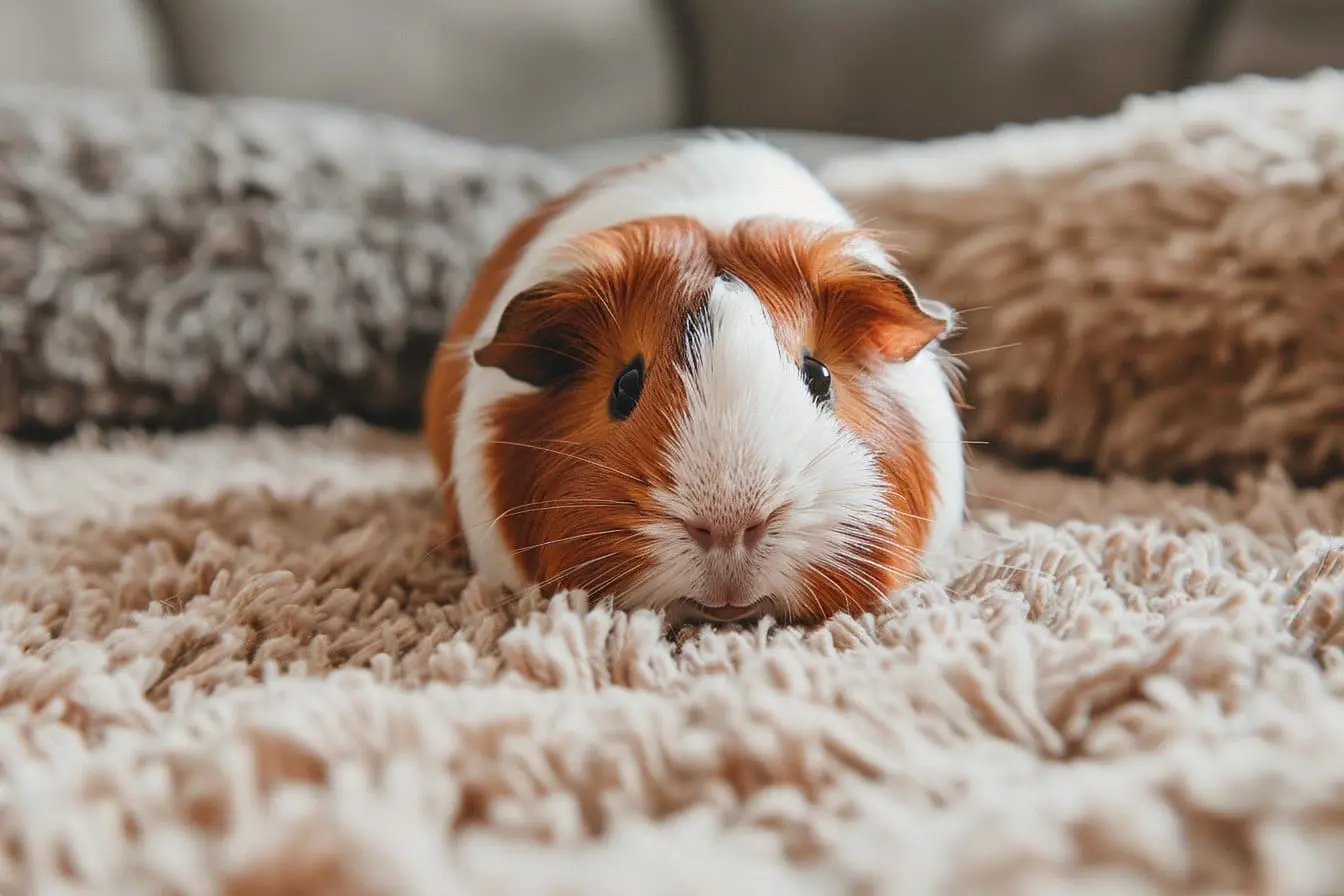
Choosing the Right Environment for Your Ferret: Indoors or Outdoors?
Ferrets are playful and inquisitive creatures that make delightful pets. When deciding on the best living environment for your ferret, it's crucial to weigh the benefits and considerations of keeping them indoors versus outdoors. This decision impacts not just their physical health, but their happiness and quality of life too. Let’s explore what each option entails to help you make the best choice for your furry friend.
Indoor Ferrets: Pros and Cons
Pros
- Climate Control: Keeping ferrets indoors protects them from extreme temperatures. Ferrets are sensitive to heat and cold, making the controlled climate of an indoor environment ideal.
- Safety: Indoors, ferrets are safe from predators and the risk of escape is minimised. They are also protected from diseases that can be more common outdoors.
- Social Interaction: Ferrets thrive on interaction. Living indoors means they can be part of your daily life, enhancing the bond between you and your pet.
- Ease of Monitoring: It’s easier to observe your ferret’s health and behaviour when they live indoors, allowing for prompt identification and treatment of any issues.
Cons
- Space Requirements: Ferrets need space to play and explore. Indoor environments must provide adequate space or secure areas for them to roam freely and safely.
- Ferret-proofing: The inquisitive nature of ferrets means that homes must be carefully ferret-proofed to prevent accidents, from securing electrical wires to ensuring there are no escape routes.
Outdoor Ferrets: Pros and Cons
Pros
- Natural Behaviours: An outdoor enclosure can provide space for ferrets to dig and explore, satisfying their natural instincts.
- Larger Living Area: Outdoor setups can potentially offer more space than an indoor cage, giving ferrets more room to play.
Cons
- Weather Sensitivity: Ferrets don't fare well in extreme weather conditions. Outdoor homes require careful consideration to protect against the cold and heat.
- Predator Risk: Even in secure enclosures, ferrets can be at risk from predators. Outdoor homes need to be robust and secure to keep them safe.
- Reduced Human Interaction: Ferrets kept outdoors might not receive as much social interaction, which is vital for their mental wellbeing.
- Health Risks: Being outdoors can expose ferrets to certain diseases and parasites, necessitating vigilant health monitoring and preventative care.
Making Your Decision
Assess Your Environment
Consider the climate in your area and the outdoor space available. Is it safe and suitable for a ferret? Do you have the means to create a secure and weather-proof outdoor enclosure?
Consider Your Ferret's Needs
Ferrets are highly social animals that require a lot of interaction and stimulation. Can you provide this if they are kept outdoors?
Think About Your Lifestyle
Your own lifestyle is also a factor. Indoor ferrets may require more direct supervision and home adjustments, while outdoor ferrets need secure, insulated enclosures and protection from predators.
Health and Safety
Regardless of where you choose to house your ferret, ensuring they are safe, healthy, and happy is paramount. Regular health checks, secure living quarters, and plenty of enrichment activities are essential in both indoor and outdoor settings.
Conclusion
Whether you choose to keep your ferret indoors or outdoors, the key is to provide a loving, stimulating, and safe environment that caters to their unique needs. With the right preparation and care, your ferret can thrive and bring joy to your life, whether they're curling up in a cosy indoor nook or exploring a secure outdoor enclosure.
Vets near you
Speciality vets
- Aquatics vet specialists
- Birds vet specialists
- Camelids vet specialists
- Cats vet specialists
- Cattle vet specialists
- Deer vet specialists
- Dogs vet specialists
- Equines vet specialists
- Exotic vet specialists
- Goats vet specialists
- Pigs vet specialists
- Poultry vet specialists
- Sheep vet specialists
- Small Mammals vet specialists
- Wild vet specialists
Vet facilities
- Accessible by public transport
- Blood testing
- Car park nearby
- Client car park
- Dentistry
- Diagnostic imaging
- Disabled public access
- Flea and worm treatments
- Microchipping
- Mobile services
- Neutering
- Open at weekends
- Out-of-hours service
- Referral interests
- Referrals only
- Street parking outside
- Toilets available
- Vaccinations



